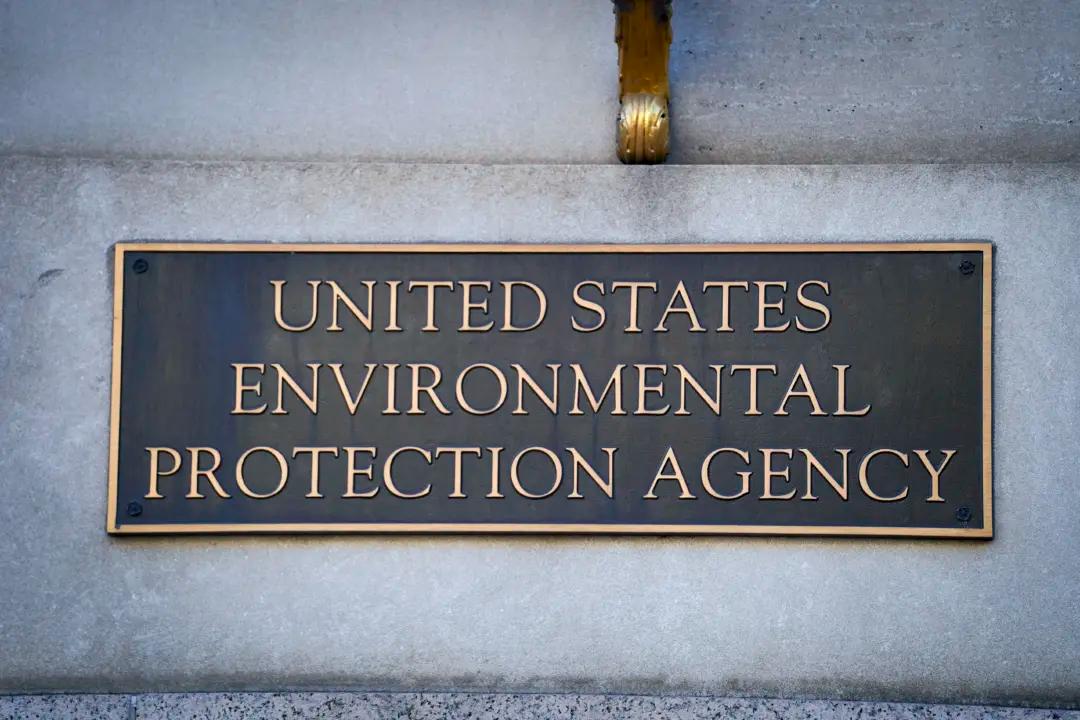Attorneys general in 24 states have asked the Supreme Court to block the federal government’s methane standards for the oil and gas sector, arguing that the Environmental Protection Agency (EPA) overstepped its authority in issuing the final rule.
The EPA has said the new standards are part of efforts to sharply reduce emissions of methane and “other harmful air pollution from oil and natural gas operations.”




